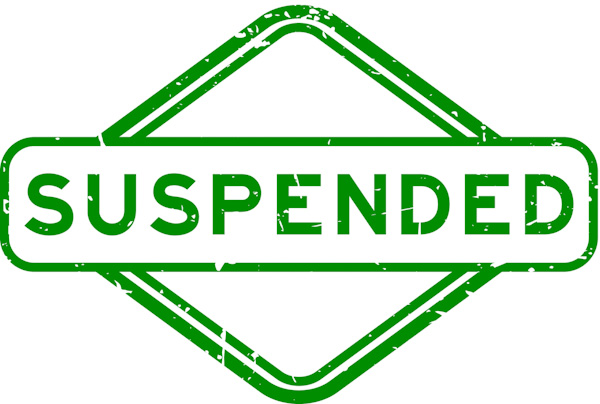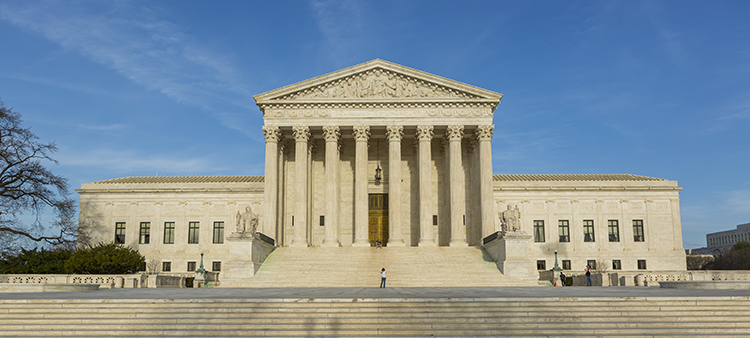Prosecutor's use of undercover paralegal in ethics spat brings reprimand
A county attorney in Caroline County, Va., has been reprimanded for using undercover tactics in a quest to learn whether a criminal defense lawyer was making do with just “two books and some scrap paper,” as he told jurors at the trial of a client.
Commonwealth’s Attorney Anthony “Tony” Spencer was reprimanded for sending a paralegal posing as a student taking a survey to the office of lawyer John LaFratta, reports the Richmond Times-Dispatch. The agreed disposition (PDF), submitted to the Virginia State Bar Disciplinary Board on Feb. 28, was posted on the board’s website on Thursday.
Spencer was seeking to gather information about LaFratta’s office staff to fight an ethics complaint filed against Spencer by LaFratta, according to the stipulated facts. The criminal defense lawyer had alleged Spencer misrepresented LaFratta’s level of administrative support during a 2010 trial. Spencer’s trial remarks were in response to LaFratta’s assertion during closing arguments that the prosecution had superior resources to make its case.
LaFratta told jurors in the 2010 trial that his client had “just me, a couple of law books, a couple of brown binders jam-packed full of papers.” At another point he said the defense is just “me and my two books and some scrap paper.”
Spencer responded at the trial with this comment to jurors: “Mr. LaFratta would have you believe that he has no one working in his office. He doesn’t have a secretary, a paralegal and a partner that he works with. He would have you believe that somehow he’s working out of his bedroom and he has these two books that he brings with him. I assure you that is not the case.”
After LaFratta filed the ethics complaint, Spencer asked a paralegal from his office who was enrolled in paralegal school to pose as a student taking a survey. The paralegal collected information from LaFratta’s secretary about the number of lawyers and support staffers in the defense lawyer’s firm. That initial ethics complaint was later dismissed.
In response to a post-trial motion filed in the case, Spencer disclosed he had sent a paralegal student to LaFratta’s office, but did not say she worked in Spencer’s office.
The disciplinary board said Spencer had violated ethics rules regarding misrepresentation and lawyer responsibilities toward paralegals.
Spencer told the Times-Dispatch he had learned from his mistake. “My intentions were good, but the method I chose to find the truth was inappropriate,” Spencer said. “When you make a mistake, there are three things you can do: own up to it, try to fix it, and learn from it.”
“Fortunately,” he added in the Times-Dispatch interview, “no one was harmed even slightly by the mistake I made.”



